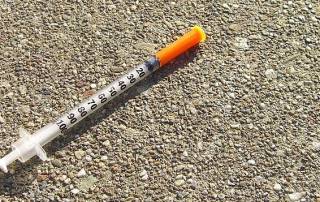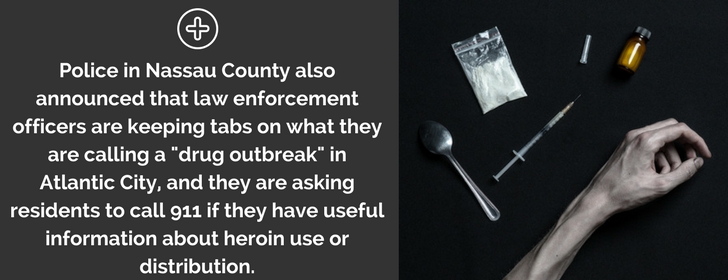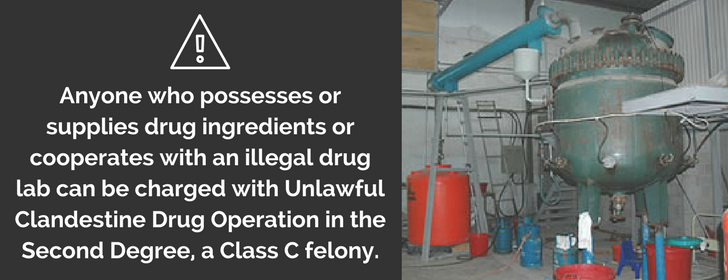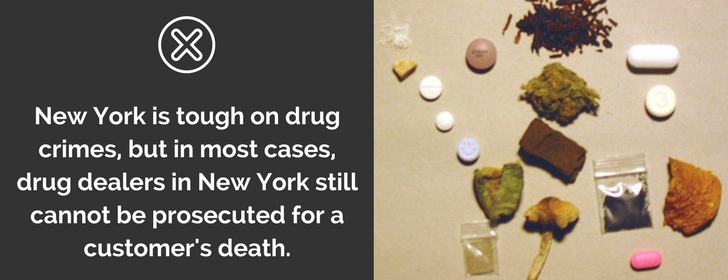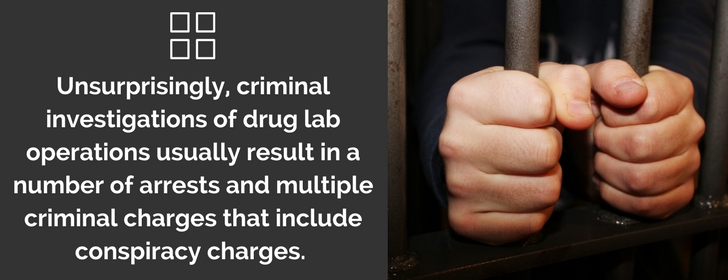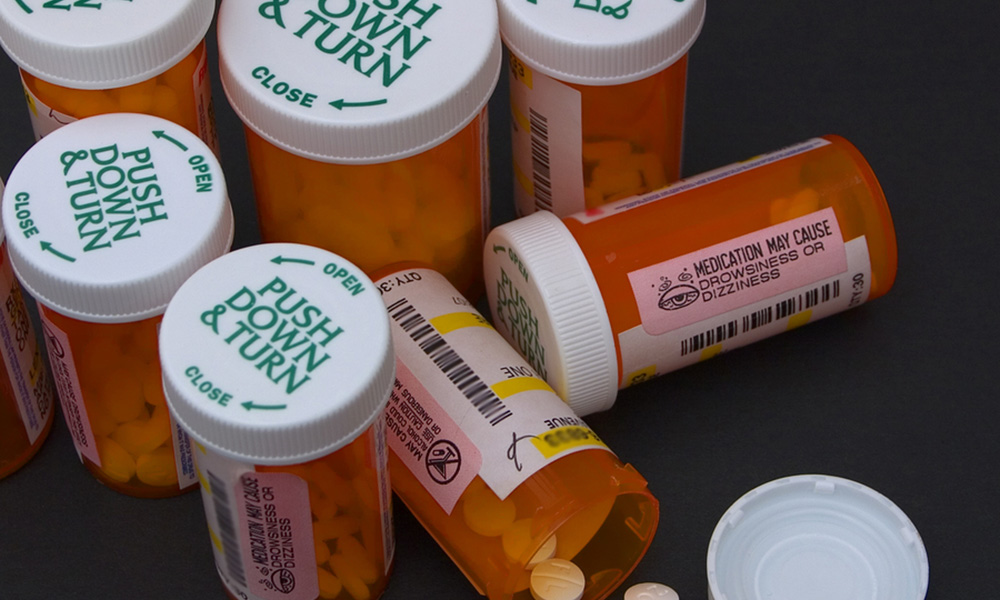In 2021, lawmakers in the State of New York passed several new laws that took effect in 2022. The laws aim at helping consumers and workers in the state while improving public safety and caring for the environment. Among the most significant laws are the “ghost gun laws.”
If you’re facing charges for being in possession or distributing ghost guns, you need to know how the laws affect you. Contact a skilled Long Island criminal justice attorney to understand your risks and options. They can help you create a strong defense strategy against the charges.
What Are Ghost Guns?
Ghost guns refer to privately made or homemade guns. The firearms lack a serial number and are, therefore, not traceable. The guns can’t be registered with any law enforcement agency without a serial number.
It’s against the law to create, possess, or sell ghost guns in the United States. Gunsmiths and dealers must register firearms in their possession. Gun violence is a public health and safety issue, and the government is committed to dealing with it aggressively. Your chances of fighting ghost gun charges are better with an aggressive weapons crimes defense lawyer in Long Island on your side.
What Measures are in New York State to Curb the Prevalence of Ghost Guns?
New York State officials have taken steps to crack down on the proliferation of illegal guns. Lawmakers passed a new law that criminalizes the sale of anonymous ghost guns. Advocates of the legislation said that illegal firearms end up in the hands of buyers with criminal records or those that would not pass a compulsory background check at the federal level.
Enactment of Laws Prohibiting Ghost Guns and Parts Without Serial Numbers
In 2021, the Governor signed the Scott J. Beigel Unfinished Receiver Act and The Jose Webster Untraceable Firearms Act into law. The legislations provide that:
- It is unlawful to sell, exchange, give, or dispose of an unfinished or complete frame or receiver that doesn’t have a serial number while having that knowledge
- It’s illegal to possess a firearm, frame, or receiver, complete or unfinished, with the knowledge that it’s not serialized.
- People who are legally disqualified from possessing a shotgun or rifle according to federal or state law are also prohibited from possessing a significant component of a firearm, which includes a frame, receiver, slide or cylinder, or firearm’s barrel
The law also prohibits the manufacturing, sale, exchange, disposing of, giving, transporting, shipping, or possessing with the intent to sell an undetectable firearm. The provision applies to guns that:
- Can’t be detected by metal detectors after the removal of stocks, grips, and magazines
- Comprise of a barrel, cylinder or slide, frame, or receiver and which cannot be imaged by security screening devices like those used at airports
What is the Impact of the Ghost Gun Laws?
The legislation package bans possessing and selling ghost guns or firearms that comprise components without serial numbers. Consequently, dealers and gunsmiths must serialize any firearms, receivers, or frames in their possession without serial numbers.
New Yorkers Required to Surrender Ghost Guns and Parts or Register Them
The law also requires anyone possessing receivers, frames, or firearms without serial numbers to surrender them to law enforcement agencies. Alternatively, they can acquire serial numbers for the guns and have them registered. However, there’s a need for clear guidelines on the exact process of serialization and registration.
It’s also crucial to note that if anyone can’t pass a background check to get a gun, they shouldn’t be able to get a gun. This provision in the law serves to seal a dangerous loophole that has existed in the past. Consult a weapon crimes defense attorney in Long Island to help you understand how this statute applies to you and what you can do about it.
What Are the Penalties for Violating Ghost Gun Laws
If caught with a ghost gun without a license at home or a place of business, you could face charges for a class E felony. A conviction could result in a penalty of up to 4 years in prison. Other penalties are as follows:
- Class C or violent felony: Possessing a loaded unlicensed handgun outside your home or business attracts a minimum sentence of 3½ years in state prison. The maximum is 15 years. It’s also a Class C felony to possess five or more firearms
- Class D felony: Possessing three or more firearms
What Should I Do If Arrested for Being in Possession of a Ghost Gun?
Being arrested and charged with having a ghost gun can have serious and life-changing consequences. Once arrested, remaining calm and complying with instructions from the police is crucial. Most importantly, remember to exercise the right to remain silent, as anything you say could be used against you.
As soon as you can after the arrest, contact a Long Island criminal justice lawyer. The attorney will evaluate your case and help you understand the risks you face. They can provide legal representation to aggressively fight the charges and advise you on how to approach the issue.
Learn Your Legal Options Today with a Skilled Defense Team
With the new ghost gun laws in place, the last thing you want to do is be found on the wrong side of the law. An arrest for violating the legislation can attract hefty penalties, take away your freedom, and ruin your future. Your best chance at fighting the charges to have them reduced or dropped is to work with a skilled and aggressive Long Island weapon crimes defense attorney.
Our law firm hosts skilled and passionate lawyers who work hard to dismantle the prosecutor’s case. We can evaluate the charges against you and create a strong defense strategy by punching holes in the evidence brought against you. With us by your side, an arrest doesn’t have to lead to a conviction. Call us for skilled legal defense in Long Island.























